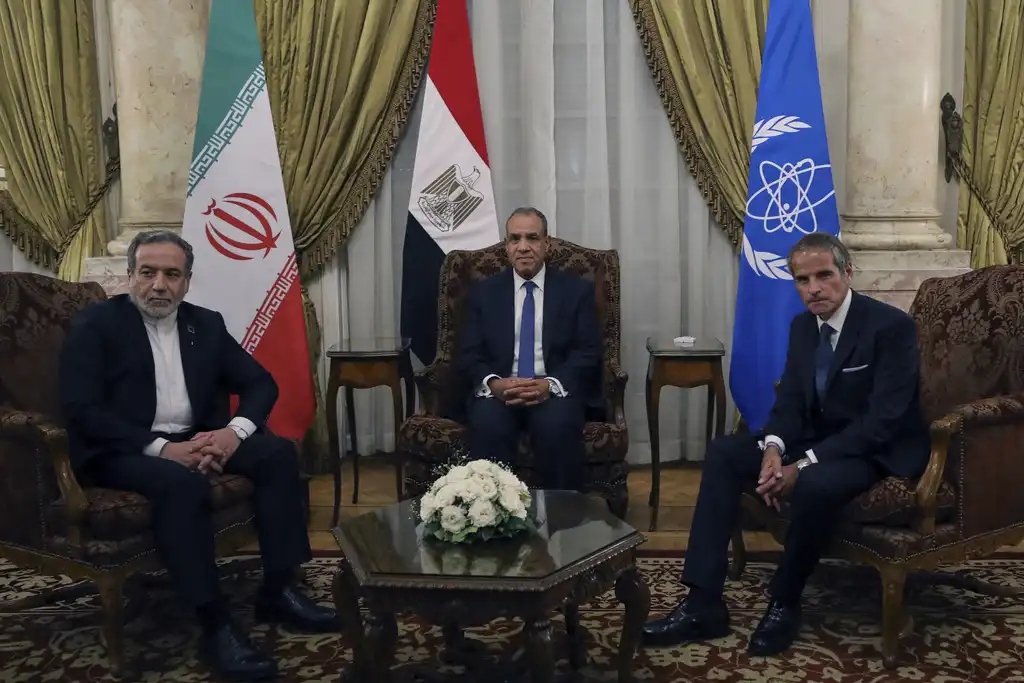Iran and the International Atomic Energy Agency (IAEA) took a key step toward rebuilding trust on Tuesday. They signed an agreement in Cairo to resume cooperation. This includes plans to relaunch inspections at Iran’s nuclear sites.
The Signing Ceremony
The deal was announced after a meeting in Egypt’s capital. Key figures included Egyptian Foreign Minister Badr Abdelatty, Iran’s Foreign Minister Abbas Araghchi, and IAEA Director General Rafael Grossi. This meeting happened at a tense time for global diplomacy.
Background of Tensions
Just weeks earlier, on August 28, France, Germany, and the United Kingdom started reimposing sanctions on Iran. They say Iran has not followed the 2015 nuclear agreement. That deal aimed to stop Iran from building nuclear weapons.
Things got worse on July 2. Iran’s President Masoud Pezeshkian signed a law passed by parliament. It paused all work with the UN’s nuclear watchdog, the IAEA.
This came right after a major conflict. In June, Israel fought a 12-day war with Iran. During the war, Israel and the US attacked Iranian nuclear facilities.
Limited Inspections So Far
Since the war began on June 13, IAEA inspectors have had very limited access. The only site they checked was the Bushehr Nuclear Power Plant. This plant runs with help from Russia.
From August 27 to 28, inspectors watched a routine fuel swap at Bushehr. But they could not check Iran’s stockpile of near bomb-grade uranium. The IAEA called this a “serious concern.”
Egypt’s Role in Diplomacy
Egypt has played a big part in bringing Iran and the IAEA back to the table. Last month, Iran’s foreign ministry said talks would be “technical” and “challenging.”
Relations broke down after the June air war. Israel and the US bombed important Iranian nuclear sites.
Just before the war started, on June 12, the IAEA board said Iran broke its non-proliferation rules. The next day, Israeli airstrikes hit Iran and started the conflict.
What the Agreement Means
This new pact could help ease worries about Iran’s nuclear program. It opens the door for more IAEA visits to verify Iran’s activities. But challenges remain, with sanctions in place and the war’s effects still fresh.
Experts hope this leads to better talks. It might even revive parts of the 2015 deal. For now, all sides watch closely to see if cooperation grows.
South Korean Workers Depart US After Georgia Immigration Raid




















